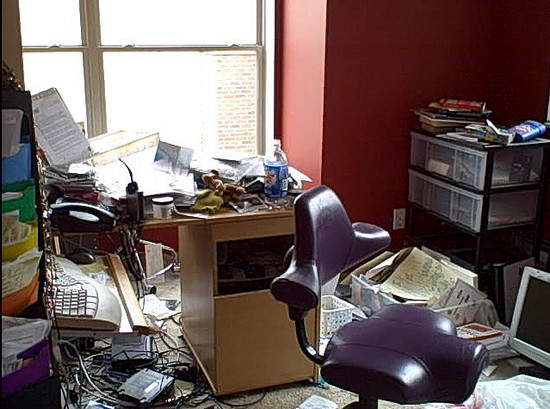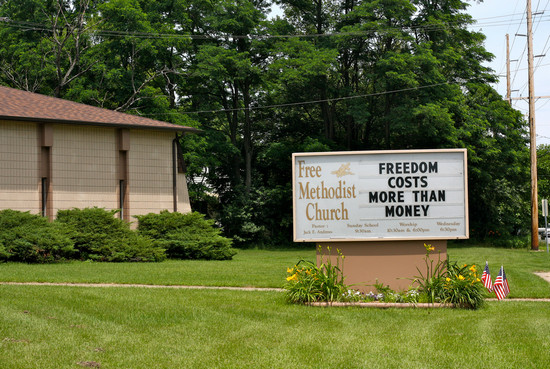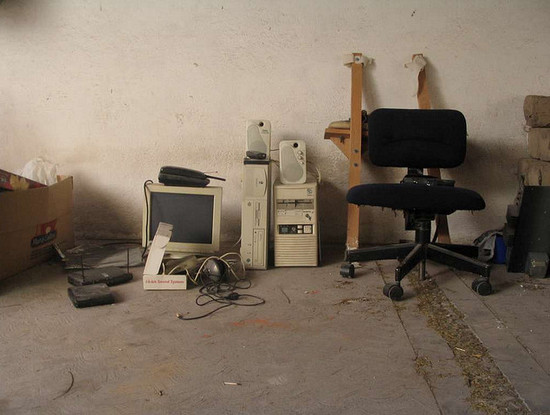Here is my complete guide to investing in long term rental properties which details how debt allows me to get over 24% cash on cash returns on my rental properties.
Home Loans
Let us take a look at your personal residence first. Most people are able to get a very low interest rate and put little money down on their personal residence. Right now interest rates are below 4% on an owner occupied, 30 year, fixed rate loan. This is really cheap money! If you can find an investment that gives you better returns that that 4% interest rate then it may make sense to invest that money and not pay your mortgage. For instance, when I invest in rental properties I make over 20% cash on cash return and that does not factor in tax advantages, principle pay down or appreciation. It makes no sense to me to pay off my house quickly when I have such a low rate locked in for 30 years and I am making so much on rental properties. I pay the absolute minimum payment I can on my personal home mortgage and save that money to buy more rental properties. If you have nowhere else to put your money besides a CD or bank account that pays less than 1% interest than yes, it would make sense to pay off your mortgage quickly. If you are willing to work a little harder and find an investment with a better return than your mortgage, stop paying extra towards your house payments and invest!
Auto Loans
The experts will also tell you how horrible it is to have an auto loan. Their reasoning is that debt on any item that will depreciate is bad, but I completely disagree with this as well. I look at it as a numbers game, why would I care what my debt is secured against as long as the debt allows me to buy more rental properties. The rental properties provide a much higher rate of return than the auto loan interest rate. I have my current car loans locked in for 6 years at less than 3% interest. I do not pay one cent extra on them, because I want as much cash as possible available to buy more rental properties. I am not advocating purchasing the most expensive car you can, because you still want to save as much as possible to invest with. If you have the cash available to buy a car, why not finance the car instead and invest that cash in something else?
Credit Cards
There are even some investors who will use credit cards to buy properties! It may make sense to use a credit card to buy rental property if the return from the rental is higher than the rate on the card and you have no other options. While I don’t use this strategy, I’m not against it either. If there is a deal you can’t pass up and cash availability is holding you back, be creative to make it work!
What about the security of paying off my mortgage?
Don’t get me wrong, I am not condoning racking up debt to go on vacation or buy furniture. A lot of debt can be very, very destructive if you have no assets providing you cash flow or a return on that debt. People will still ask; “what happens if I lose my job and I have all this debt I can’t pay off?” I think you are going to be much better off with cash producing properties than if you had paid off your primary house.
Let’s assume you have a 200k house that you have a $180,000 mortgage on. If you put all of your extra cash into the mortgage to pay it off early you will eliminate your mortgage payment and save about $900 in principal and interest. We will assume you paid about $150,000 extra into your mortgage to pay it off early. I could buy five rental properties with that cash which would cash flow at least $500 a month on each property. I am making $2500 a month off those rentals, a lot more than the $900 I would be saving on my mortgage.
Not only I am making more money each month with rentals, I also see an immediate return on my investment. If you accelerate your mortgage pay off, you won’t see that $900 savings until the mortgage is completely paid off. With rental properties I start seeing immediate cash flow as soon as I rent the first property.
If you are choosing the accelerated mortgage payoff route and lose your income before your house is paid off, you still have the same mortgage payment to make. The only way to get that money back that you invested in your home is to sell your house or refinance. You may not be able to refinance with no income and your only option may be to sell. If you lose your job and you have rental properties you still have income coming in from the rentals. You could sell a rental property to get immediate cash or refinancing a property would be much easier because you are still showing some income from the rentals.
On the surface it may seem like paying off your mortgage faster will provide more security, but there is actually a much better chance of making it through rough times if you have rental properties producing income to back you up. I know I would much rather sell off a rental property in bad times than my personal house.
New Information on paying off your mortgage early
I wanted to add this paragraph after hearing from a follower of the blog. She paid off her mortgage and then decided to retire early and focus her time on investing in Real Estate. It was a lot of hard work saving and diverting her money towards her mortgage and it felt great when it was finally paid off. Now that she is actively investing in Real Estate she wanted to tap into the huge amount of equity in her house. Since she has no job and very little income at this point, she can’t find a bank to refinance her house. Even though she did what the experts told her to do and worked her butt off to pay0ff her mortgage, she can’t access that money unless she sells her home. This is another reason to think twice before you start sinking all of your extra money into your principle home. If she had bought more rental properties with that money instead of paying off her mortgage, the bank may be willing to loan to her, because of all the rental income coming in.
Conclusion
Investing your money in Real Estate, instead of paying off your consumer debt quicker will leave you thousands and thousands of dollars ahead. I feel rental properties provide much more security as well and give you more options if you were to lose your income. Just because the experts tell me to do it, doesn’t mean it makes send to pay off my mortgage early. Think about where you are putting your money and what kind of returns you are getting.











